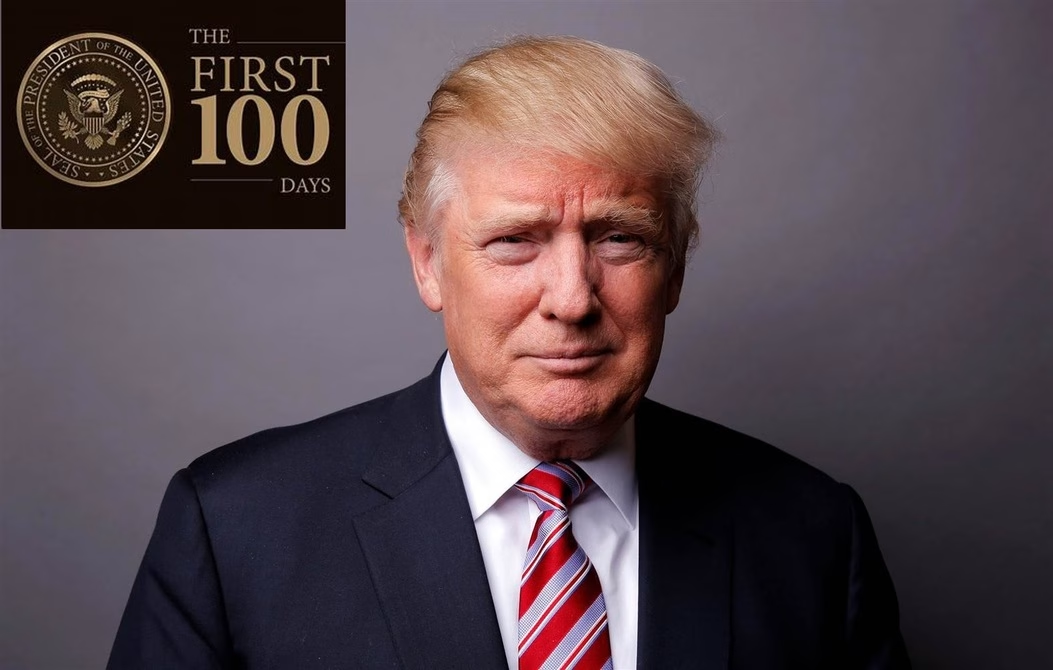By Tony Bruce | Friday, August 2, 2024 | 4 min read
When FeDlan News first reported that Marco Rubio had been picked by Trump as his VP, Donald Trump Jr. responded, disputing our claim and suggesting that he and Eric Trump had influenced their father’s VP nomination pick. One can see why they would reject Marco Rubio as VP, given that Rubio has previously called Trump a con man, which contradicts their father’s image as a great businessman. Both men argued that it is unconstitutional for presidential and vice-presidential candidates to be from the same state.
Contrary to this belief, a potential Trump-Rubio ticket would be constitutional. Nothing in the U.S. Constitution prohibits a political party from nominating presidential and vice-presidential candidates from the same state.
However, such a single-state ticket would be unprecedented. By examining records of past elections in the National Archives, we found that no major party in the history of the United States has ever nominated a presidential and vice-presidential candidate from the same state.
In our report, we suggested that selecting Rubio as his VP pick is seen as a strategic move to strengthen party unity. Rubio’s established presence within the Republican Party and his appeal to both establishment Republicans and more conservative factions could help consolidate support and present a united front.
Rubio’s Cuban-American heritage and his representation of Florida, a crucial swing state, may help Trump attract Latino voters and bolster support in a key battleground. Florida’s significance in the electoral map makes Rubio’s selection particularly impactful.
Rubio’s policy positions, particularly on foreign policy and economic issues, align closely with Trump’s agenda. This alignment ensures a coherent and consistent message on critical issues, which could enhance the campaign’s effectiveness.
The reaction from Republican leaders and supporters has been mixed but largely positive. Many view Rubio as a more capable and experienced choice than JD Vance, who can help solidify the party’s base. However, there are also voices within the party who remain skeptical about Rubio’s past criticisms of Trump.
According to insiders familiar with the vice-presidential pick, Judge Aileen Cannon’s conduct appeared calculated to benefit Senator Marco Rubio, a prominent political figure and her reputed mentor. By allegedly favoring Trump’s position in the legal dispute over the release of classified materials, the judge may have sought to curry favor with the former president, ultimately positioning Marco Rubio as a favorable candidate for Trump’s vice-presidential nomination.
Democratic leaders have quickly welcomed the choice of JD Vance as Trump’s VP pick, framing it as a continuation of Trump’s previous policies, which they argue have been divisive and detrimental to the country. They are likely to highlight past tensions between Trump and Vance to question the unity and effectiveness of Trump’s campaign.
Vance has suggested that childless leaders lack a stake in the future, implying that they might not be as invested in the long-term well-being of the country compared to those with children. This perspective has sparked controversy and backlash, particularly among Democrats.
Democrats argue that Vance’s comments are exclusionary and discriminatory. They believe that such rhetoric marginalizes a significant portion of the population, including individuals who are childless by choice, those who cannot have children due to medical reasons, and LGBTQ+ individuals who may face barriers to parenthood.
Critics contend that Vance’s implication—that childless people are less committed to the future—is unfounded and unfair. They argue that many childless individuals are deeply invested in societal issues and contribute significantly to their communities and the nation.
Vance’s comments are personal attacks against Kamala Harris, who is childless, and are intended to delegitimize her leadership and contributions. These remarks undermine the diversity of experiences and perspectives that contribute to effective governance. Critics argue that having leaders with varied backgrounds, including those without children, is beneficial for a well-rounded and inclusive approach to policymaking. They emphasize that Vance’s focus on whether someone has children is irrelevant to their capability to lead and address critical issues facing the country. Leadership should be judged based on qualifications, policies, and actions, not personal life choices or circumstances.
By highlighting these points, Democrats aim to challenge Vance’s assertions and advocate for a more inclusive and equitable view of leadership and societal contribution.






